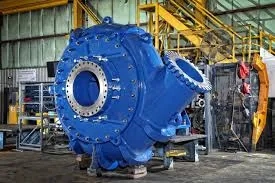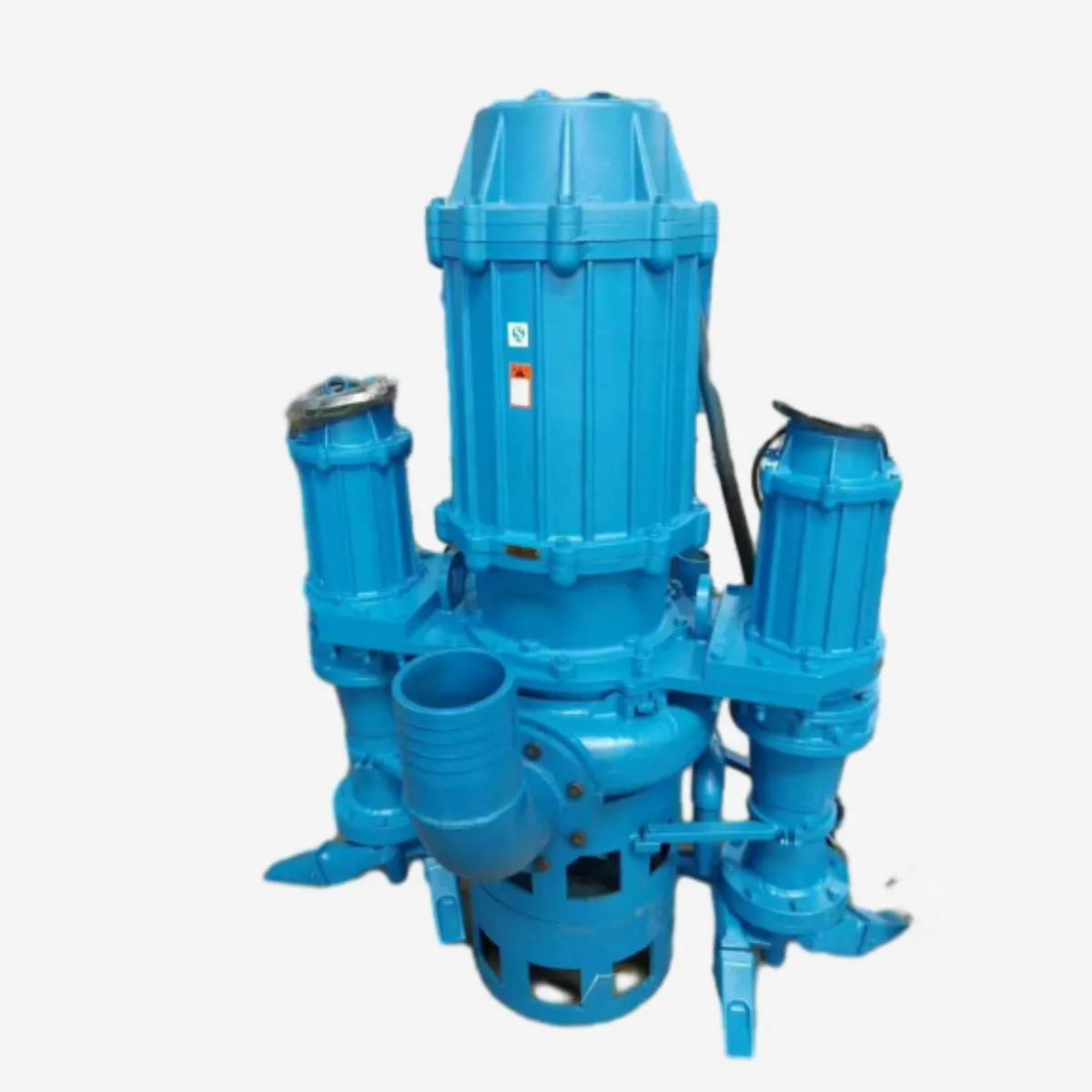TEL:
+86 13120555503
English
- Afrikaans
- Albanian
- Amharic
- Arabic
- Armenian
- Azerbaijani
- Basque
- Belarusian
- Bengali
- Bosnian
- Bulgarian
- Catalan
- Cebuano
- Corsican
- Croatian
- Czech
- Danish
- Dutch
- English
- Esperanto
- Estonian
- Finnish
- French
- Frisian
- Galician
- Georgian
- German
- Greek
- Gujarati
- Haitian Creole
- hausa
- hawaiian
- Hebrew
- Hindi
- Miao
- Hungarian
- Icelandic
- igbo
- Indonesian
- irish
- Italian
- Japanese
- Javanese
- Kannada
- kazakh
- Khmer
- Rwandese
- Korean
- Kurdish
- Kyrgyz
- Lao
- Latin
- Latvian
- Lithuanian
- Luxembourgish
- Macedonian
- Malgashi
- Malay
- Malayalam
- Maltese
- Maori
- Marathi
- Mongolian
- Myanmar
- Nepali
- Norwegian
- Norwegian
- Occitan
- Pashto
- Persian
- Polish
- Portuguese
- Punjabi
- Romanian
- Russian
- Samoan
- Scottish Gaelic
- Serbian
- Sesotho
- Shona
- Sindhi
- Sinhala
- Slovak
- Slovenian
- Somali
- Spanish
- Sundanese
- Swahili
- Swedish
- Tagalog
- Tajik
- Tamil
- Tatar
- Telugu
- Thai
- Turkish
- Turkmen
- Ukrainian
- Urdu
- Uighur
- Uzbek
- Vietnamese
- Welsh
- Bantu
- Yiddish
- Yoruba
- Zulu
Telephone: +86 13120555503
Email: frank@cypump.com
Feb . 16, 2025 11:49 Back to list
Septic Tank Pumps
Septic systems play a crucial role in managing waste for homes and buildings that are not connected to centralized sewer systems. A critical component of maintaining an efficient septic system is regular pumping. Understanding the nuances of when, why, and how to pump your septic system can save money, prevent environmental damage, and ensure the longevity of your system.
Anecdotal experiences from homeowners often stress the importance of keeping detailed records of pumping schedules and services performed. These records not only help in scheduling future maintenance but also provide valuable information during home sales, offering transparency and trustworthiness to potential buyers. Additionally, consider the environmental benefits of a well-maintained septic system. Properly pumped systems prevent untreated wastewater from contaminating local water bodies, protecting both wildlife habitats and community health. Sustainable practices within waste management contribute significantly to local ecosystems' integrity. Investing in modern technology can enhance a septic system's efficiency. Innovative products like filter screens and risers improve accessibility and performance of the system, making maintenance tasks easier and more effective. Consult with your septic service provider about integrating these technologies for improved performance. Trustworthiness in the realm of septic maintenance also involves consumer education. Knowing what should and should not be flushed into your system is crucial. Flushing non-biodegradable items can lead to clogs and system damage, necessitating more frequent pumping and repairs. Always follow guidelines provided by your service technician. Ultimately, a proactive approach to septic system maintenance, spearheaded by regular pumping, can result in a system that functions effectively, with fewer emergencies and unexpected repair costs. This is not merely about maintaining a home system but ensuring a safe, healthy living environment for your household and community. Choose reliable, experienced professionals for your septic system pumping needs, invest in education about best practices, and embrace modern technology when possible. This combination of trust, experience, and expertise ensures your septic system serves you efficiently for years to come.


Anecdotal experiences from homeowners often stress the importance of keeping detailed records of pumping schedules and services performed. These records not only help in scheduling future maintenance but also provide valuable information during home sales, offering transparency and trustworthiness to potential buyers. Additionally, consider the environmental benefits of a well-maintained septic system. Properly pumped systems prevent untreated wastewater from contaminating local water bodies, protecting both wildlife habitats and community health. Sustainable practices within waste management contribute significantly to local ecosystems' integrity. Investing in modern technology can enhance a septic system's efficiency. Innovative products like filter screens and risers improve accessibility and performance of the system, making maintenance tasks easier and more effective. Consult with your septic service provider about integrating these technologies for improved performance. Trustworthiness in the realm of septic maintenance also involves consumer education. Knowing what should and should not be flushed into your system is crucial. Flushing non-biodegradable items can lead to clogs and system damage, necessitating more frequent pumping and repairs. Always follow guidelines provided by your service technician. Ultimately, a proactive approach to septic system maintenance, spearheaded by regular pumping, can result in a system that functions effectively, with fewer emergencies and unexpected repair costs. This is not merely about maintaining a home system but ensuring a safe, healthy living environment for your household and community. Choose reliable, experienced professionals for your septic system pumping needs, invest in education about best practices, and embrace modern technology when possible. This combination of trust, experience, and expertise ensures your septic system serves you efficiently for years to come.
Share
Next:
Latest news
-
ISG Series Vertical Pipeline Pump - Chi Yuan Pumps Co., LTD.
NewsJul.30,2025
-
ISG Series Vertical Pipeline Pump - Chi Yuan Pumps Co., LTD.|energy-efficient fluid handling&industrial durability
NewsJul.30,2025
-
ISG Series Vertical Pipeline Pump - Chi Yuan Pumps | Advanced Engineering&Industrial Efficiency
NewsJul.30,2025
-
ISG Series Pipeline Pump - Chi Yuan Pumps | High Efficiency, Energy Saving
NewsJul.30,2025
-
ISG Series Vertical Pipeline Pump-Chi Yuan Pumps|High Efficiency&Reliable Performance
NewsJul.29,2025
-
ISG Series Vertical Pipeline Pump|High Efficiency&Low Noise
NewsJul.29,2025










